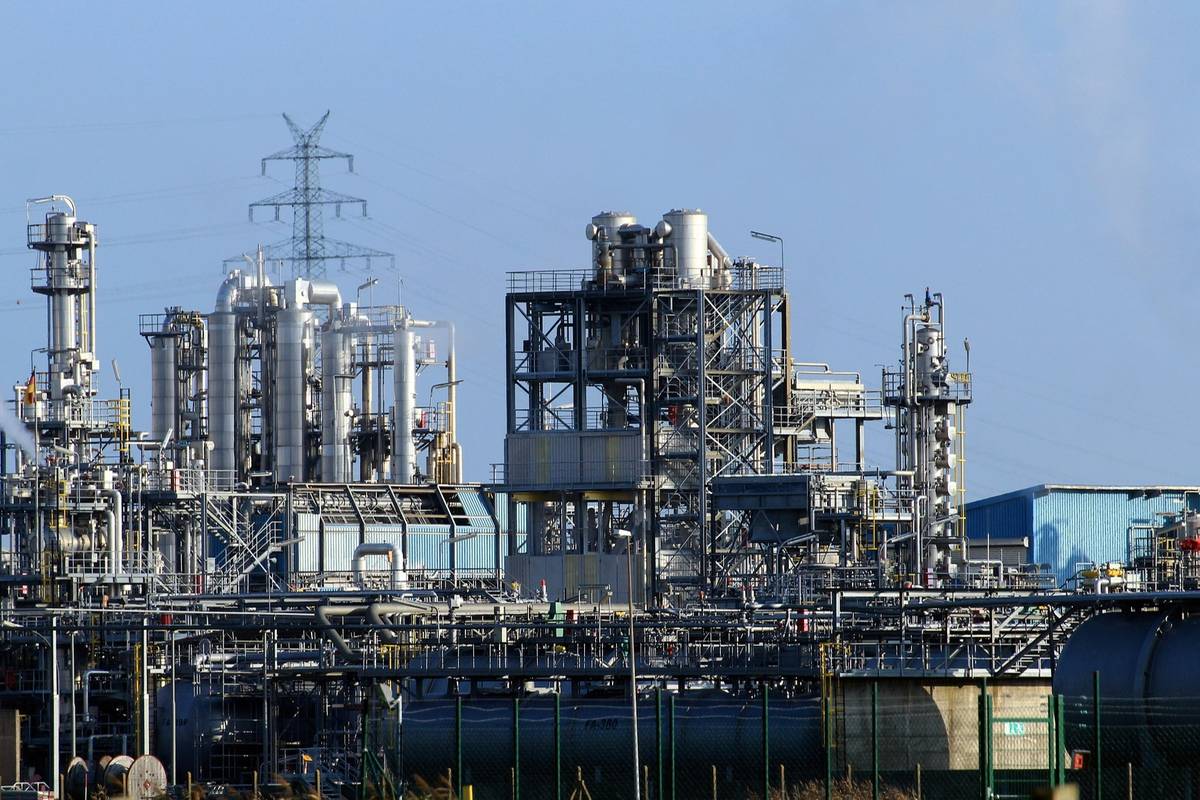Upcycling of Hydrocarbon Polymers to High Value Unsaturated Compounds
A catalytic process that converts petrochemical plastics into valuable unsaturated compounds at moderate temperatures with high selectivity

Background
New disposal and recycling methods are critical to solving the world’s plastic waste epidemic. Chemical recycling methods such as pyrolysis can be part of the solution, but they fall short in terms of the quality of the output, and the energy expense in heating materials above 500°C. Catalytic approaches can improve the selectivity and energy efficiency of pyrolytic methods, but they still produce low value liquids and gases, and they suffer from low catalyst stability during high temperature operation. A catalytic approach that is capable of upcycling petrochemical-derived plastics would be a suitable solution for this fundamental issue.
Technology Overview
Researchers at the University of California, Santa Barbara have developed an innovative catalytic plastic upcycling method that efficiently transforms hydrocarbon polymers into high-quality liquids and surfactant precursors at temperatures between 250°C and 400°C. The process achieves up to 75% selectivity for valuable unsaturated compounds and produces outputs that are more valuable than the original plastic waste, while significantly reducing energy consumption and hazardous waste generation compared to conventional methods. The resulting materials can be used as surfactants, lubricants, refrigeration fluids, insulating oils, and ultra-low sulfur heavy diesel fuels, many of which are conventionally synthesized via energy-intensive and costly catalytic processes, which generate hazardous waste.
Further Details
- Most Plastic Recycling Produces Low-Value Materials – But We’ve Found A Way To Turn A Common Plastic Into High-Value Molecules
- Plastic Waste Upcycled To High-Value Chemicals In One-Pot Process
- Method Can Upcycle Plastic Into Useful Molecules
- Upcycling polyethylene plastic waste into valuable molecules
- Researchers Develop An Efficient, Low-Energy Method For Upcycling Polyethylene Plastic Waste Into Valuable Molecules
Benefits
- Operates at moderate temperatures, reducing energy requirements
- High selectivity for valuable unsaturated compounds (up to 75%)
- Converts plastic waste into higher-value products
- Reduces hazardous waste generation compared to traditional catalytic processes
Applications
- Petrochemical refineries and plants focusing on plastic recycling
- Production facilities manufacturing surfactants, lubricants, and specialty chemicals
- Manufacturing of refrigerants, insulating oils, and ultra-low sulfur diesel fuels